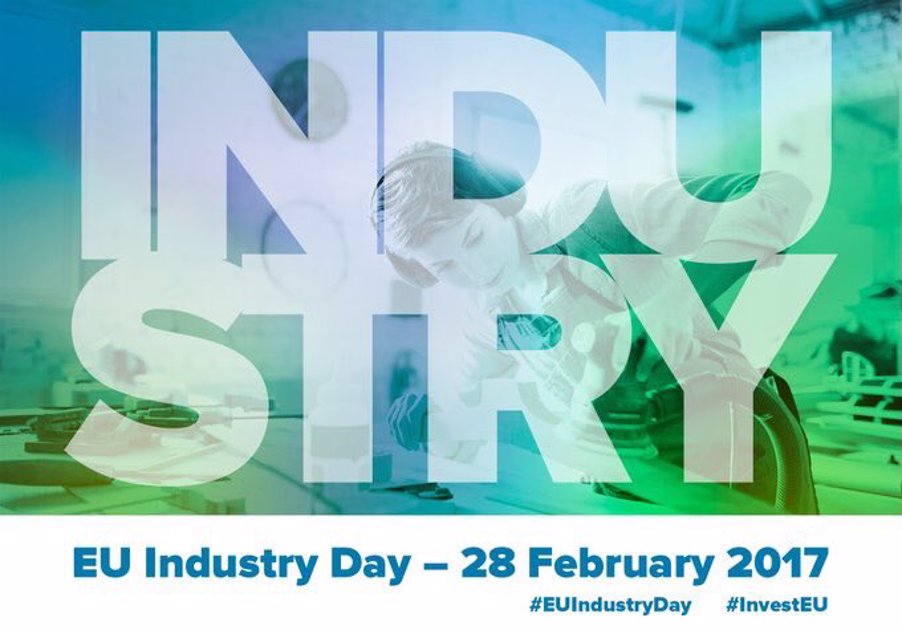“industry is crucial for the future of our economy and of our societies” Luc Triangle
Luc Triangle identified four important policy challenges brought on by the digital transformation of industry: (1) the potentially negative net impact of digitalisation on the number of hours worked by humans; (2) the concentration of power and wealth in the hands of digital industrial platforms (Amazon, AliBaba, Google, Amazon, Facebook), which risks depriving EU industrial players from the value added that they need to invest, innovate and provide good jobs; (3) the dissolution of the employment relationship brought by “crowd-working” platforms; (4) the potential for workers to be automatically evaluated and controlled.
To address these challenges, he proposed a set of actions, to be addressed with policy and social dialogue:
- A needs-based approach to re-skilling
- A thorough reflection on working time
- Action on the immaterial rights attached to standards, software, data and platforms, in order to fairly distribute
the value generated by digital technologies - An investment in traceability technologies, for Corporate Social Responsibility and for the Circular Economy
- Preventing crowd sourcing platforms from escaping their social and fiscal duties
- A legal regime for worker-related data
- A right to disconnect.
These proposals are connected to industriAll Europe’s broader reflections on the future of industrial policy. This industrial policy should:
- Establish Europe’s industry as a frontrunner in the transformation into a sustainable knowledge-based and resource-efficient economy
- Support industry in finding solutions for our so-called ‘grand societal challenges’
- Make the most of our large human potential by developing skills and supporting the creation of quality jobs
- Ensure the economic reconversion of regions specialised in traditional activities
- Support traditional economic sectors in re-inventing themselves.
The EU Industry Day gathered more than 500 delegates from all over Europe, from all sectors, and from all sides of society: companies of all sizes, research organisations, trade unions. One key message, from many speakers, was a call for a coherent EU-wide industrial policy. Vice-President Katainen pleaded for fair, rules-based trade, and for investment in education and skills. The panel on “SME access to technology” also described how unfair Intellectual Property conditions destroy the confidence and the possibility of cooperation in Research & Innovation. As stated by Luc Triangle, this conference was an excellent opportunity for all the “advocates of European industry” gathered in Brussels to show their conviction that “industry is crucial for the future of our economy and of our societies”.
